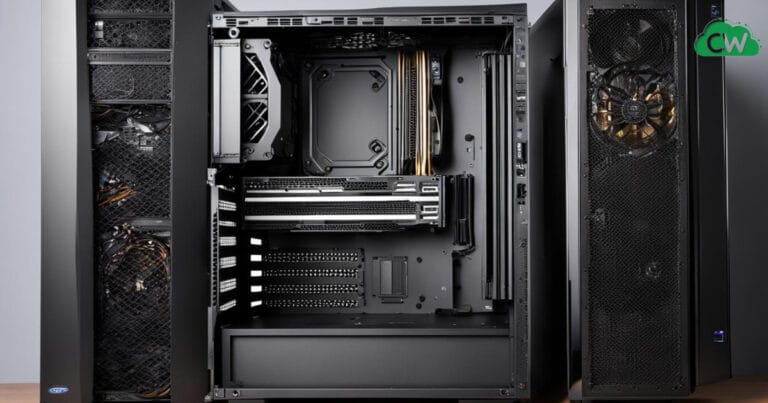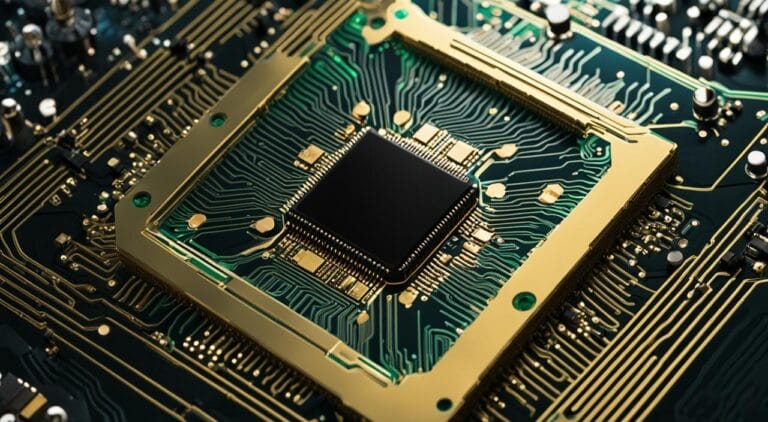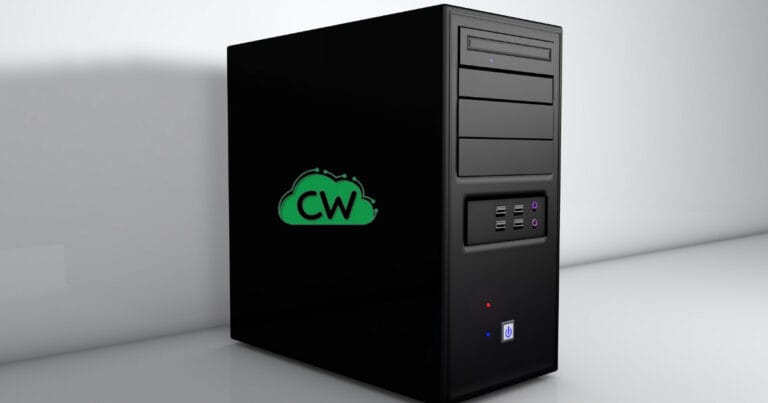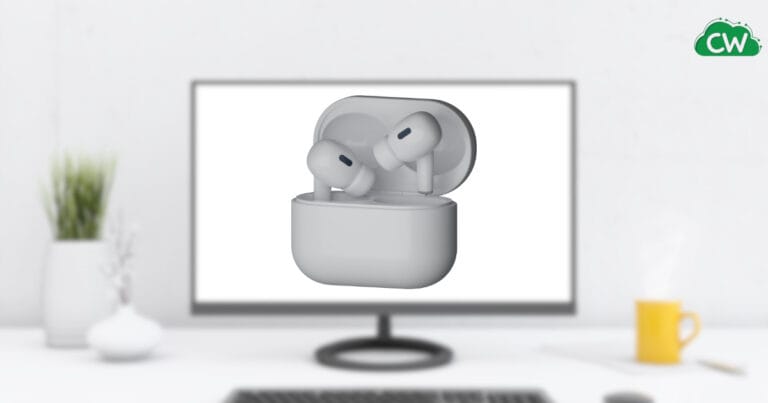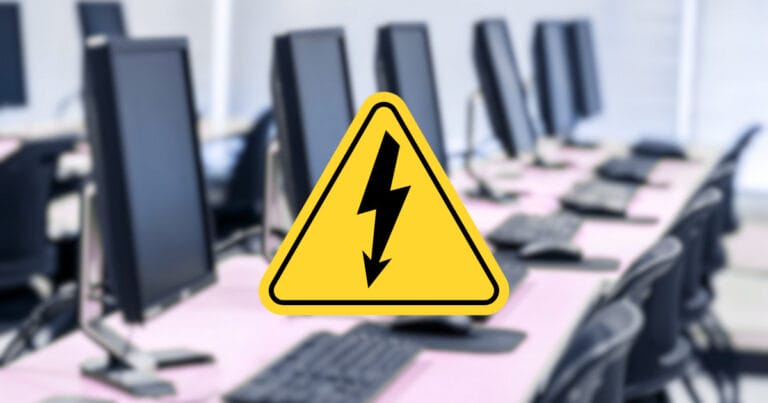How Many Amps Does a Gaming PC Use?
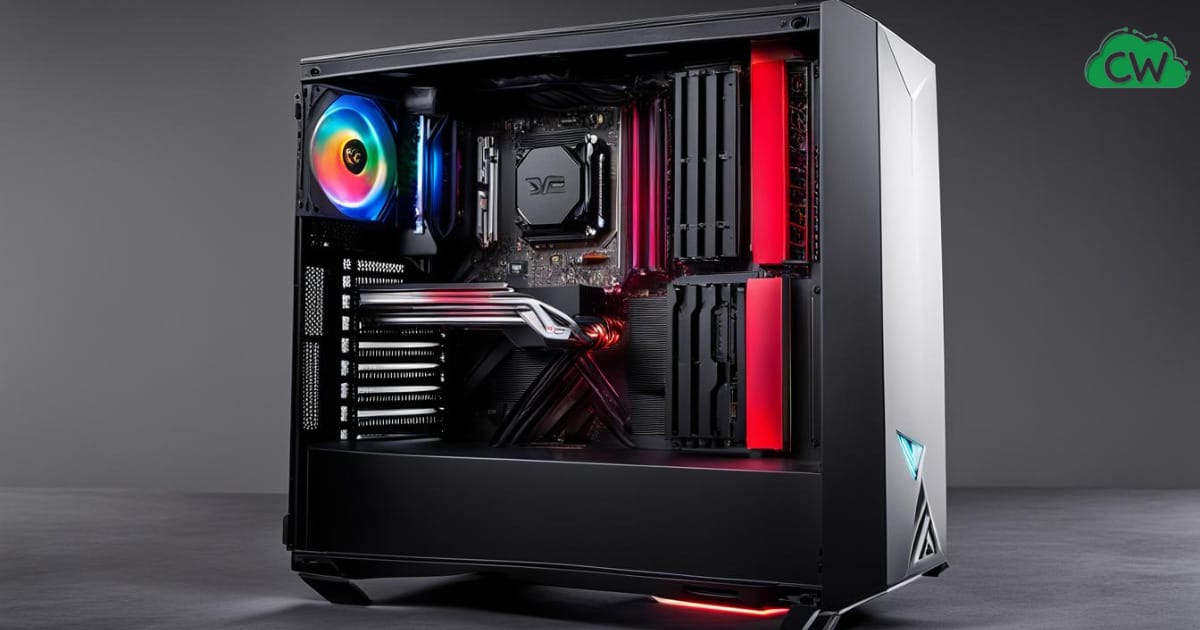
A gaming PC’s power consumption is a vital consideration for users to prevent circuit overload and potential damage to their systems.
The total amperage drawn by a gaming PC depends on various factors, such as the components used and the duration of usage.
In general, gaming PCs require more amps due to their high-performance components, including a powerful PSU and cutting-edge graphics.
Calculating the exact amps a gaming PC uses can be done by dividing the wattage by the voltage.
How to Calculate Amps for a Gaming PC
Calculating the amperage drawn by a gaming PC is an essential step to ensure its safe operation and prevent circuit overload.
To accurately determine the amps consumed, you need to know the wattage rating of your power supply unit (PSU) and the voltage supply in your area.
The formula to calculate amps is straightforward: divide the wattage by the voltage. By performing this calculation, you can determine the amperage drawn by your gaming PC.
Let’s say your gaming PC has a power supply unit with a wattage rating of 550W, and the voltage supply in your area is 120V. To calculate the amps, you would divide 550 by 120, resulting in approximately 4.6 amps. This means that your gaming PC draws approximately 4.6 amps of current when operating at its maximum power consumption.
By calculating the amps, you can ensure that your gaming PC does not exceed the circuit’s capacity and avoid potential damage to your system. It also helps you understand the power requirements of your gaming PC and make informed decisions when selecting or upgrading components.
How to Calculate Amps for a Gaming PC: Example Calculation
Let’s break down the calculation further using the example above:
| Power Supply Unit (PSU) Wattage | Voltage Supply | Amps Calculation |
|---|---|---|
| 550W | 120V | Amps = 550W / 120V = 4.6 amps |
Based on this calculation, you can determine that your gaming PC draws approximately 4.6 amps when operating at its maximum power consumption.
Factors Affecting Power Consumption of a Gaming PC
The power consumption of a gaming PC is influenced by several key factors. These factors include the choice and configuration of components, as well as the duration of usage. When it comes to components, higher-end options tend to require more power.
For example, a high-performance graphics processing unit (GPU) and peripherals such as gaming keyboards and mice can increase power consumption. On the other hand, basic setups with entry-level components consume less power.
Another factor that affects power consumption is the duration of usage. Longer gaming sessions result in higher power consumption.
This is because the components inside the gaming PC are continuously active, drawing power to sustain performance.
Therefore, it’s important for users to consider both the components they choose and the length of their gaming sessions when estimating the power consumption of their gaming PC.
To summarize, the power consumption of a gaming PC is influenced by the choice and configuration of components, with higher-end options typically requiring more power.
The duration of usage also affects power consumption, as longer gaming sessions result in higher power draw. By taking these factors into account, users can make informed decisions about power requirements and ensure the stability and longevity of their gaming PC.
Power Consumption of Gaming PCs vs. Regular PCs
When comparing the power consumption of gaming PCs and regular PCs, it becomes evident that gaming PCs require significantly higher power due to their advanced components and performance demands.
While a regular PC may consume an average of 65 to 250 watts and 0.25 to 2 amps, gaming PCs can draw much more power depending on their specific configuration and usage.
A gaming PC’s power consumption can range from 6.25 amps per hour to even higher levels. This substantial power requirement is primarily attributed to the inclusion of high-performance components, such as powerful graphics cards and processors, which require more energy to operate effectively.
Additionally, gaming PCs often feature advanced cooling systems, multiple drives, and other power-hungry peripherals, contributing to their increased power consumption.
To put the power consumption difference into perspective, let’s take a look at a comparative table:
| Gaming PC | Regular PC | |
|---|---|---|
| Power Consumption (watts) | Varies depending on configuration | 65-250 watts |
| Amps | 6.25 amps per hour and above | 0.25-2 amps |
As the table above shows, gaming PCs consume significantly more power compared to regular PCs, making it essential for users to consider their energy consumption and ensure their electrical circuits can handle the increased load.
By understanding the power requirements of gaming PCs, users can make informed decisions when it comes to power supply units and electrical circuits, minimizing the risk of circuit overload and potential damage to their systems.
Power Consumption of Gaming Laptops
Gaming laptops offer a portable and energy-efficient alternative to gaming desktops. These laptops are designed to optimize power consumption while delivering impressive gaming performance.
While power consumption may vary depending on the specific model and usage, gaming laptops typically consume less power compared to their desktop counterparts.
Energy Efficiency
Due to advancements in technology, gaming laptops have become more energy-efficient. This is achieved through optimized hardware components and power management systems.
Gaming laptops use energy-saving processors, graphics cards, and solid-state drives (SSDs) that require less power while delivering excellent gaming performance.
The integration of efficient cooling systems also helps to minimize power consumption.
Amp Usage
Gaming laptops generally require lower amps compared to gaming desktops. Amp usage can range from 15.8 amps per hour for intense gaming sessions to lower amounts for regular usage.
This reduced power consumption not only ensures longer battery life but also contributes to lower energy costs. Users can enjoy extended gaming sessions without worrying about excessive power usage.
| Device | Amp Usage per Hour |
|---|---|
| Gaming Laptop | 15.8 amps (intense gaming) |
| Gaming Laptop | Lower amps (regular usage) |
With their energy-efficient design, gaming laptops are a suitable choice for gamers who prioritize portability and power savings.
These devices allow gamers to enjoy their favorite titles while conserving energy and reducing their environmental impact.
When considering a gaming laptop, it’s essential to review the specifications and power consumption details provided by the manufacturer to make an informed decision.
FAQ
How many amps does a gaming PC use?
The exact amperage drawn by a gaming PC depends on various factors such as the components used and the duration of usage.
However, gaming PCs generally require more amps due to their high-performance components and can range from 6.25 amps per hour or even higher, depending on the specific configuration and usage.
What factors affect the power consumption of a gaming PC?
The power consumption of a gaming PC is influenced by several factors. The choice and configuration of components, such as the GPU and peripherals, can impact the power requirements.
Higher-end components typically require more power. Additionally, the duration of usage plays a role, as longer usage results in higher power consumption.
How do I calculate the amps for my gaming PC?
To calculate the amps consumed by a gaming PC, you need to know the wattage rating of your power supply unit (PSU) and the voltage supply in your area.
The formula to calculate amps is “amps = watts/volts.” By dividing the wattage by the voltage, you can determine the amps drawn by your gaming PC.
How does the power consumption of gaming PCs compare to regular PCs?
Gaming PCs generally have higher power consumption compared to regular PCs due to their advanced components and higher performance requirements.
While a regular PC may consume an average of 65 to 250 watts and 0.25 to 2 amps, a gaming PC can draw significantly more power.
What is the power consumption of gaming laptops?
Gaming laptops generally have lower power consumption compared to gaming desktops. They are designed to be more energy-efficient, resulting in lower power requirements.
The power consumption of a gaming laptop can range from 15.8 amps per hour for intense gaming sessions to lower amounts for regular usage.
How can I improve energy efficiency in my gaming PC?
To improve energy efficiency and reduce power consumption in gaming PCs, you can follow several tips. These include disconnecting external devices when not in use, customizing power management settings, using energy-efficient browsers and applications, and shutting down the PC when not in use.
Additionally, purchasing energy-efficient components and using smart power supply units can contribute to lower power consumption and utility bills.


